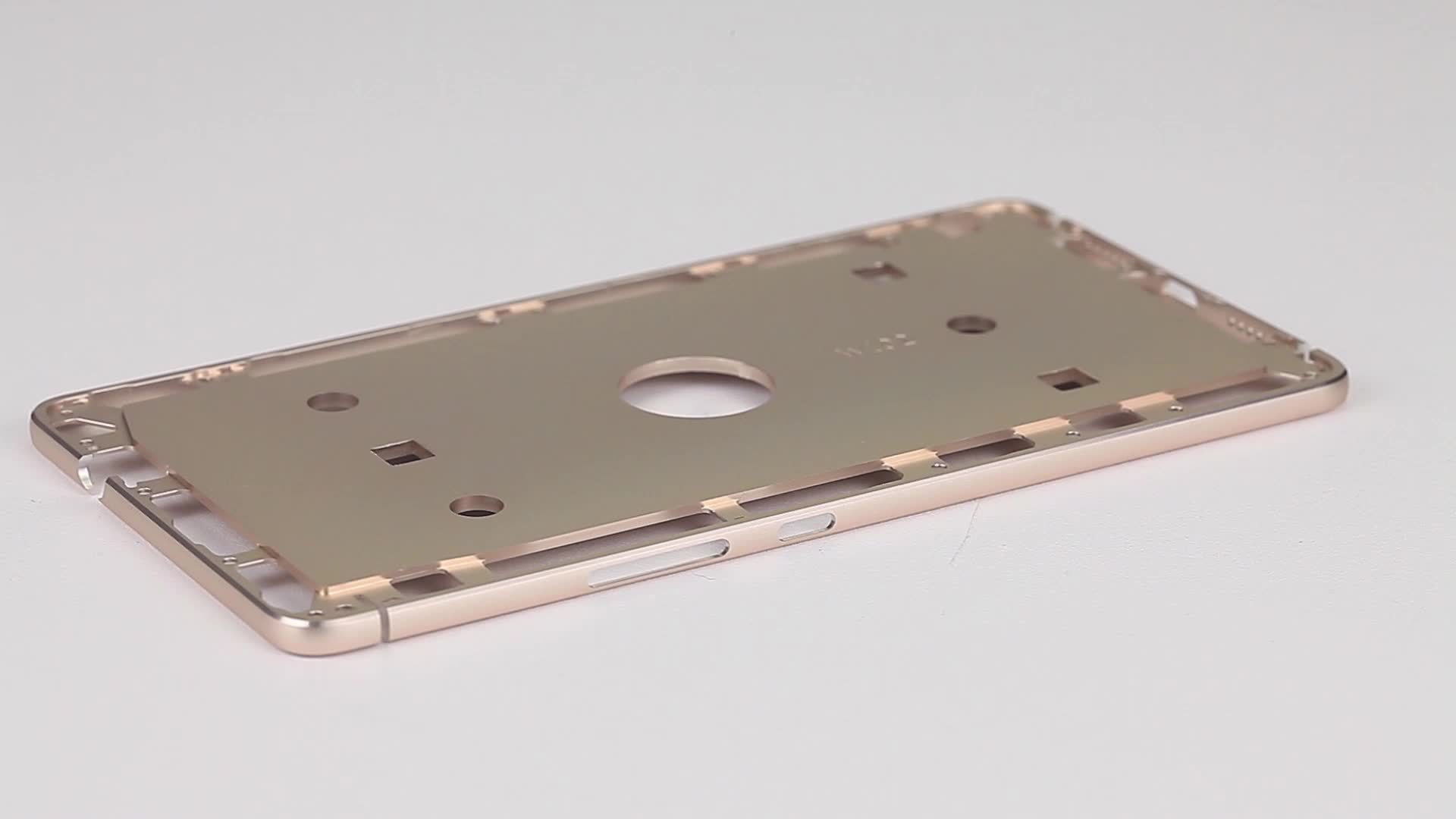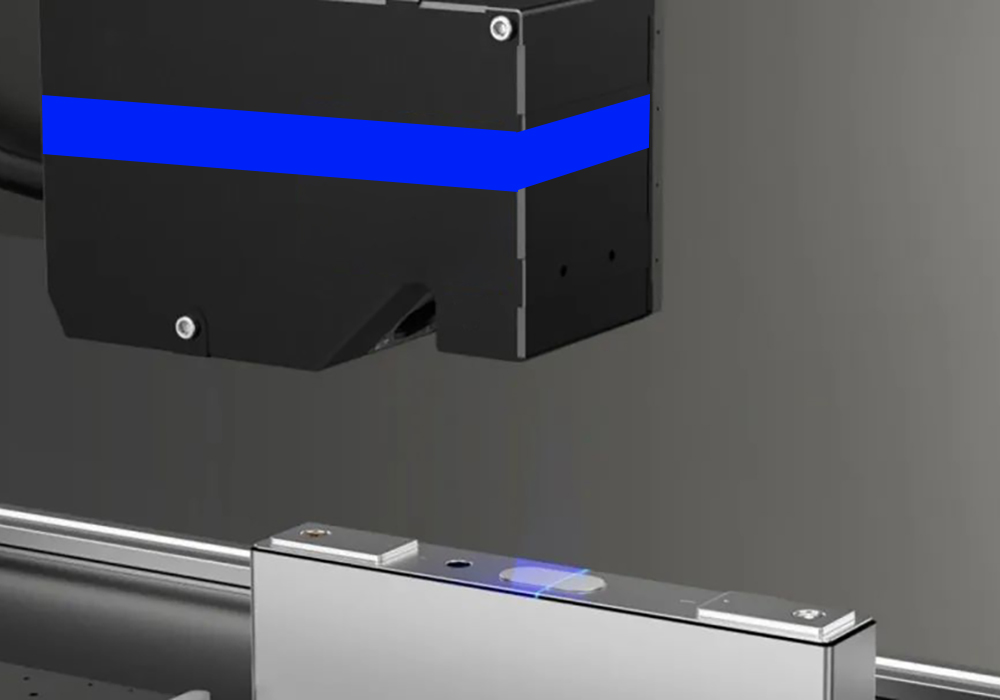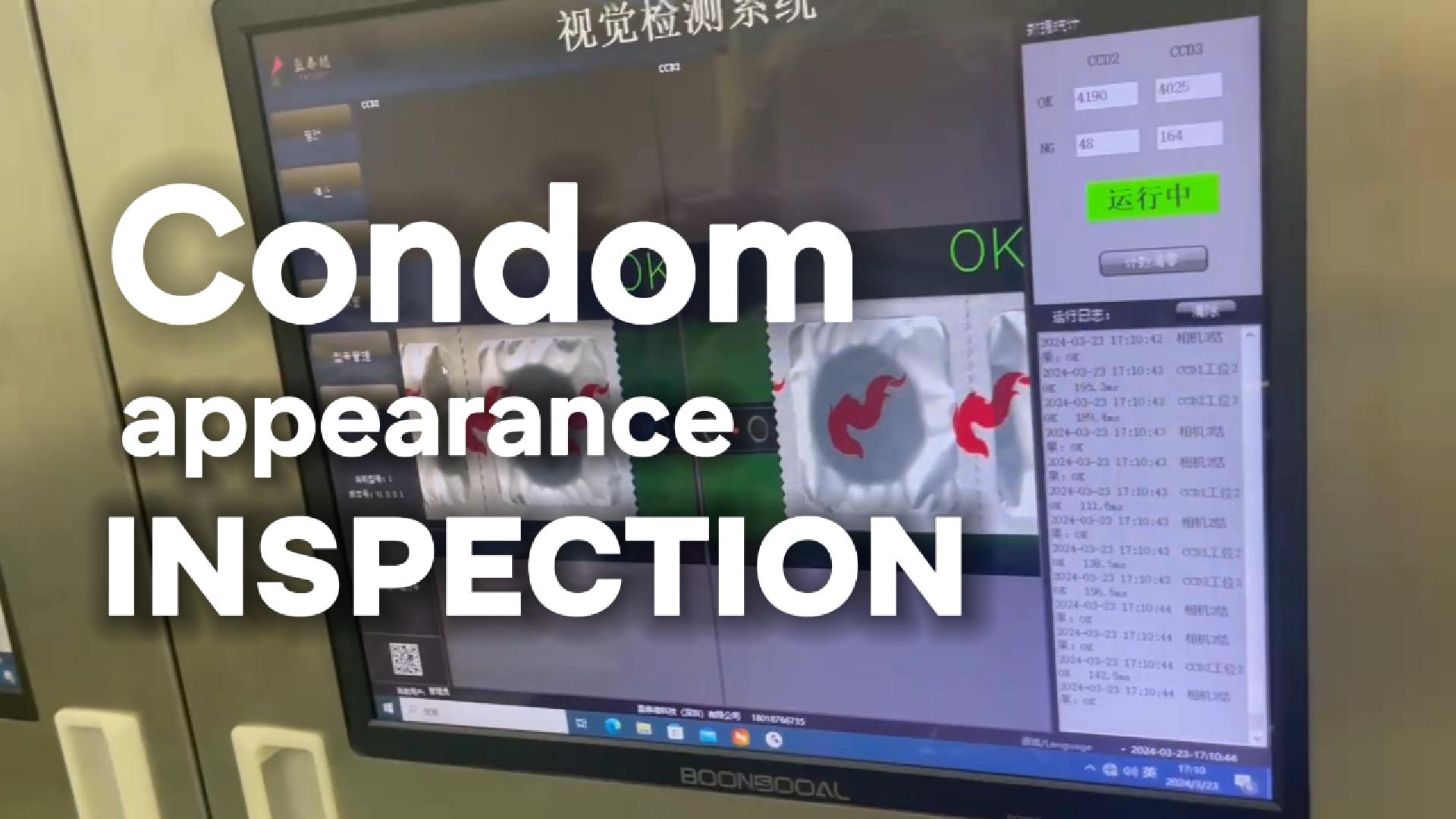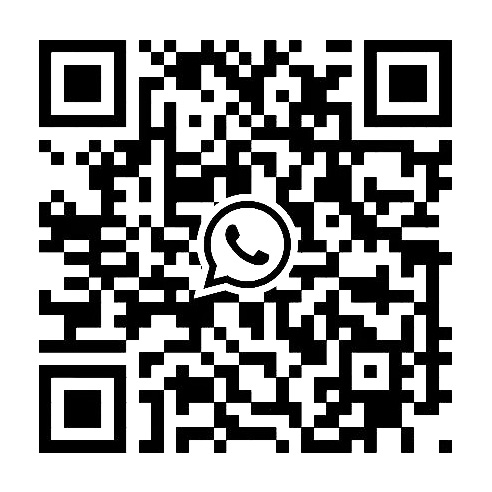Tire companies ushered in the “intelligent defect detection system”
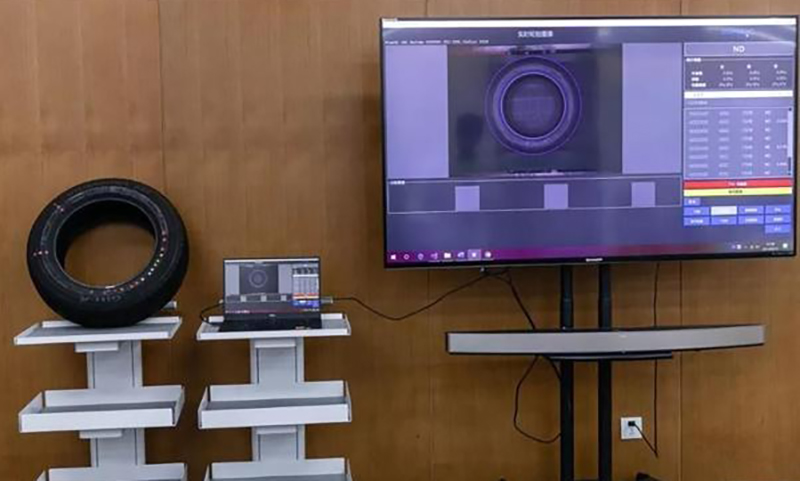
Industrial quality inspection is very important in the modern manufacturing industry, the product surface tiny scratches and pits and other defects can cause major accidents, such as aircraft tires and other surface defects will directly affect the use of the effect, take-off and landing may cause aircraft accidents. The development of artificial intelligence technology has begun to empower industrial quality inspection, efficiency and accuracy have been improved in all aspects.
Tire companies, for example, in the tire production process, tire surface characters, logos, markings will have a variety of defects, such as positional offset, unclear markings, errors and so on. In addition, the characters on the tire are similar to the background color, the tire size is different, and the requirements of different manufacturers are different. Traditional manual inspection methods are not effective in identifying minor product defects due to individual differences in defect identification and factors such as inspector fatigue.
Based on our intelligent tire defect detection system, substandard products can be detected in a timely manner and tire defects can be addressed at their source before they become a bigger problem.
By marking many points on the outer and inner frames of the tires and collecting signals from the production line and each point, it is possible to locate the tires, display the detection of the tire contour, and identify information such as dents and scratches, determine whether the tire is qualified or not, and help the company produce zero-defect tires with greater efficiency.
Huge maneuverability hidden in small imperfections
Some people wonder if tires need such detailed quality testing.
There are currently more than 1,000 tire manufacturers in the world, producing approximately 2 billion tires per year.
Maintaining consistent product quality on this scale is a huge challenge. Most companies rely mainly on manual inspection, but this method is time-consuming and unreliable. Why?
t takes about 3 months to train inspectors and inspections take up to 80% of their time.
Even with proper training, inspectors make subjective judgments and typically maintain only a 90% to 95% accuracy rate.
Low manual inspection accuracy increases the cost of costly rework, limits yield expansion, and can even cause recall issues that can affect a company’s reputation.
High-tech get the product insured
The use of intelligent defect detection systems for tires leads to highly accurate and stable intelligent defect detection systems, that solve the ever-present challenge of product defects faced by tire manufacturers through computer vision. Different types of defects require different imaging systems to obtain better images.
The imaging system includes cameras, lenses, light sources, and mechanics (detecting different types of defects requires different imaging systems).
With technology in deep learning, computer vision and image processing to analyze videos in real time and extract key information and deep insights from them, if you have similar needs, then look no further than Intsoft Technology.


